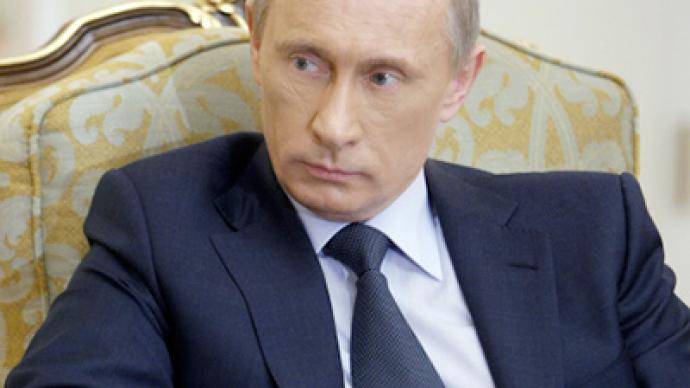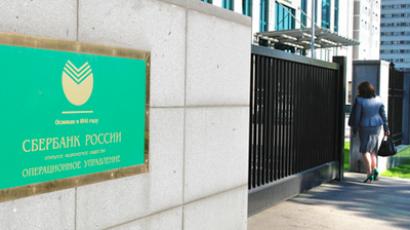Putin backs new ratings approach

Russian Prime Minister, Vladimir Putin, has strongly back proposals to set up a Eurasian Economic Community rating agency, telling economists from the Russian Academy of Sciences the idea could help a more realistic appraisal of investing in Russia.
Despite the support, key economic decision makers say the use of international ratings is already embedded in market processes, and that being private they are less likely to be subject to political interference, and potentially more reliable than any alternative despite problems with ratings which came to light during the global financial crisis.The proposal had been forwarded by Sergei Glazyev, Director of the New Economy Institute of the State University of Governance and executive secretary of the Customs Union Commission of EurAsEC, who also called for boosting Russian rating agencies. Gleb Fetisov, the director of the state-run Council for Productivity Studies, said that ratings from international agencies are often subject to bias, but despite this are integral to national economic decision making processes. "The Central Bank, in lending to Russian banks disregards ratings by our own rating agencies, but demands ratings that are international though in actual fact they have an American status.”Fetisov acknowledged that the ratings process incorporating the big 3 international ratings firms, Moody’s, Fitch Ratings, and Standard & Poor’s, essentially provides a relatively standard ratings process, with reasonably overt decision making processes, which is overtly focussed and dependent upon success or failure in servicing investor needs, and didn’t indicate how any alternative could be better without addressing those factors in the same way. Russian Finance Minister, Alexei Kudrin, noted that domestic ratings agencies have a place in the system, but the greater conceptual integrity of the processes used by the global agencies was often valuable. "But the Central Bank holds the position – not infrequently reasonable, in my view, – that foreign rating agencies are stricter whereas our agencies are often puppet institutions, though this stereotype is disappearing” Kudrin added that evaluations made by international agencies promoted more effective and responsible business. "But I can nevertheless assert that foreign agencies strictly control their image and reputation and make more objective assessments of our companies."Ratings in RussiaRussian domestic rating agencies include RusRating, Expert RA, NRA and AK&M. Richard Hainsworth, Head of RusRating, says Russian and American approach and market awareness are different. “Ratings by the Russian rating agencies and leading foreign agencies focused on different customers. Russian rating agencies are designed for companies that are already working or intend to work in Russia, requesting relevant knowledge and understanding of the local market futures. Foreign agencies implement a common "New York" approach and have to have a general view of the issuing company, regardless of the host country market, as their customers want to focus on the ratings assigned to the same standard.”Hainsworth added that the Russian rating market lacks established and standardised procedure, and that the government needs to promote a similar approach to ratings to China and India. “It is crucial for big emerging market like Russia to have a well developed and coherent ratings market. China and India can be taken as a good example in terms of the importance of their local rating agencies ratings and responsibility of companies. In china and in India rating agencies are very big and reputed because ratings are mandatory. They allocate huge funds from companies to provide sufficient ratings. Russian companies pay around $20-30 million to three major foreign rating agencies but ignore local. Another increasingly important issue is that the Russian Government does not require ratings for bonds issued in Roubles and that is another reason why Russian ratings are not considered for that evaluation and why many failures occur. American rating agencies have mere understanding of the Russian market and foreign investors do not know and recognize Russian ratings because they are not considered as important by the government.”Hainsworth believes that a key step to making Russian ratings more useable is to standardise their use, and that creating a new ratings agency isn’t going to address the underlying issue.“The Russian government should first of all standardise Russian ratings by the local rating agencies. They must mandate two ratings for each bond issue where at least one is assigned by a local rating agency. The proposal backed by the Prime Minister looks like marketing for a state backed company and has no real effect in solving the problem. The new rating agency no matter how powerful it is, will not have a reputation and Russian companies and investors will ignore and its ratings.”














